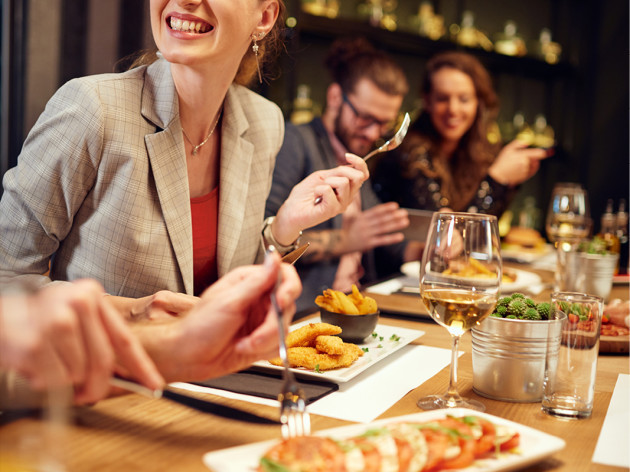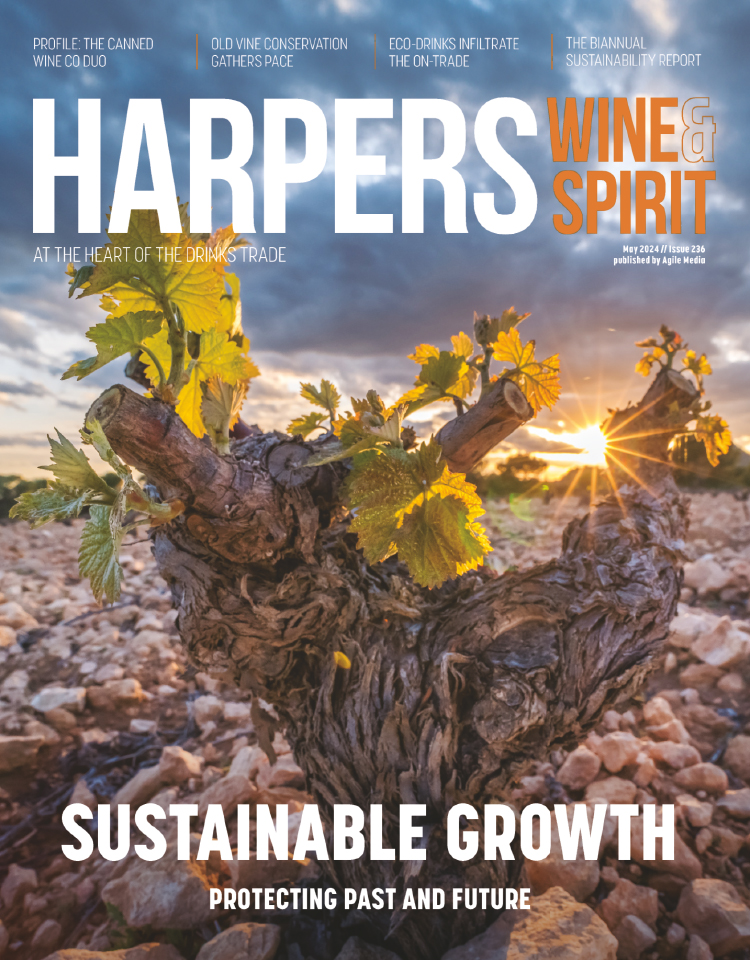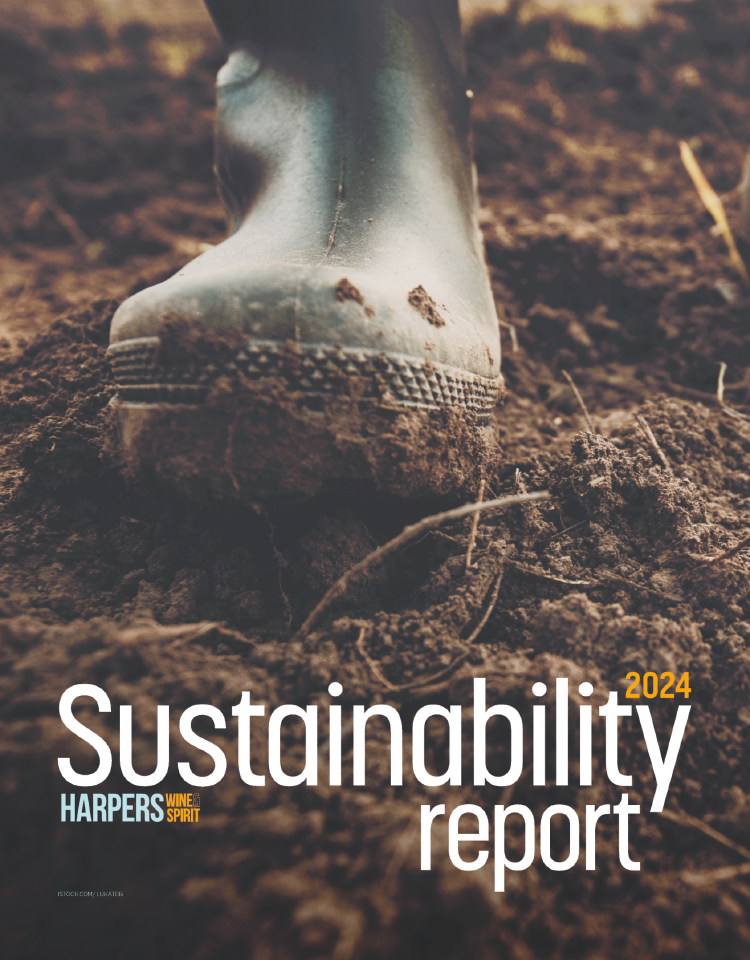
Soaring costs in wine, staff and energy threatens hospitality
Red wine is one of several key commodities threatening the hospitality sector’s post-Covid-19 recovery due to rising prices.
The quarterly Business Confidence Survey from CGA by NIQ and Fourth has revealed the scale of inflationary challenges and highlights the need for government relief.
The survey comprised multi-site operators responsible for over 13,000 outlets and was undertaken between 25 April and 12 May.
The poll showed that inflation is particularly severe in key commodities for pubs and restaurants – especially dairy, meat and alcoholic drinks. The CGA Prestige Foodservice Price Index revealed price increases again in May to 21.6%. Around four in five leaders have seen increases in the price of eggs (85%) and chicken (80%), and nearly as many have experienced hikes in the cost of beer (79%) and red wine (74%).
The survey found that half (50%) of senior-level operators are now very concerned about inflation in food and drink prices, with 33% concerned, 16% moderately concerned and just 1% unconcerned.
Sebastien Sepierre, MD, EMEA, Fourth, said: “This data highlights the continuing challenges that operators are facing, with the rise of food and drink prices becoming particularly hard to swallow. With these cost pressures impacting on profitability, it’s essential that businesses make the most of technology to help control costs and increase efficiencies across both labour and supply, enabling them to adapt to changing circumstances in this period of uncertainty and beyond.”
The research from CGA and Fourth indicated payroll costs are mounting too. Leaders have raised pay for both new and existing staff by an average of 11% in the last 12 months – ahead of the inflation rate over that period. Rises have been driven by increases in the National Minimum Wage and National Living Wage from April, which have concerned around two-thirds (65%) of business leaders.
Energy prices and contracts are also a concern for four in five (79%) of leaders, while well over half feel the same way about business rates (59%) and VAT (54%).
As a result, businesses have been forced to pass on some price increases to consumers, putting guest spending at risk during a cost of living crisis. Leaders told the survey they had raised food menu prices by an average of 13% in the last 12 months.
The soaring costs are holding down hospitality leaders’ confidence. While just over half (54%) of them now feel optimistic about prospects for their business over the next 12 months, this figure is well below pre-Covid levels. More than a quarter (28%) of leaders say they currently have less than three months’ worth of cash reserves, and one in seven (14%) says their business is at risk of failure in the next 12 months.
Karl Chessell, CGA by NIQ’s director, hospitality operators and food, EMEA, said: “These figures are the clearest evidence yet of the impact of cost pressures on hospitality. This is a resilient and resourceful sector and businesses have steadily built back from the turmoil of Covid-19, but relentless inflation means many of them are now operating on extremely tight margins. Rising prices throughout the food and drink supply chain and enforced increases in pay levels have left few companies unscathed, and some are now very fragile.”
He added: “Hospitality’s long-term outlook remains good. Consumers are keen to eat and drink out when spending allows, and there are some signs that inflation may ease in the second half of 2023. However, in the meantime, the sector needs targeted support on tax, energy, labour and other areas if it is to help power the UK’s much-needed economic recovery."








